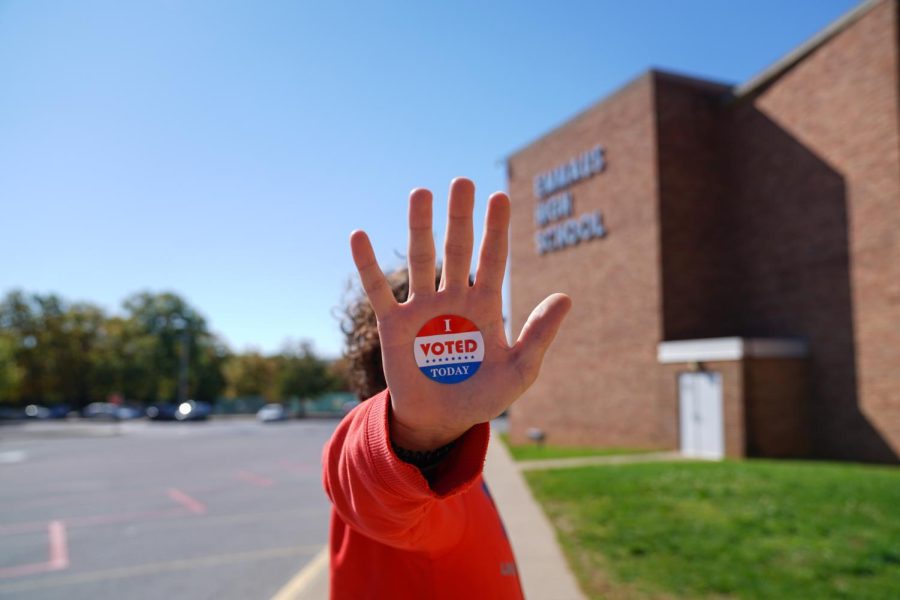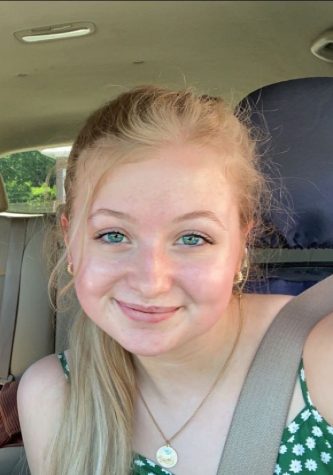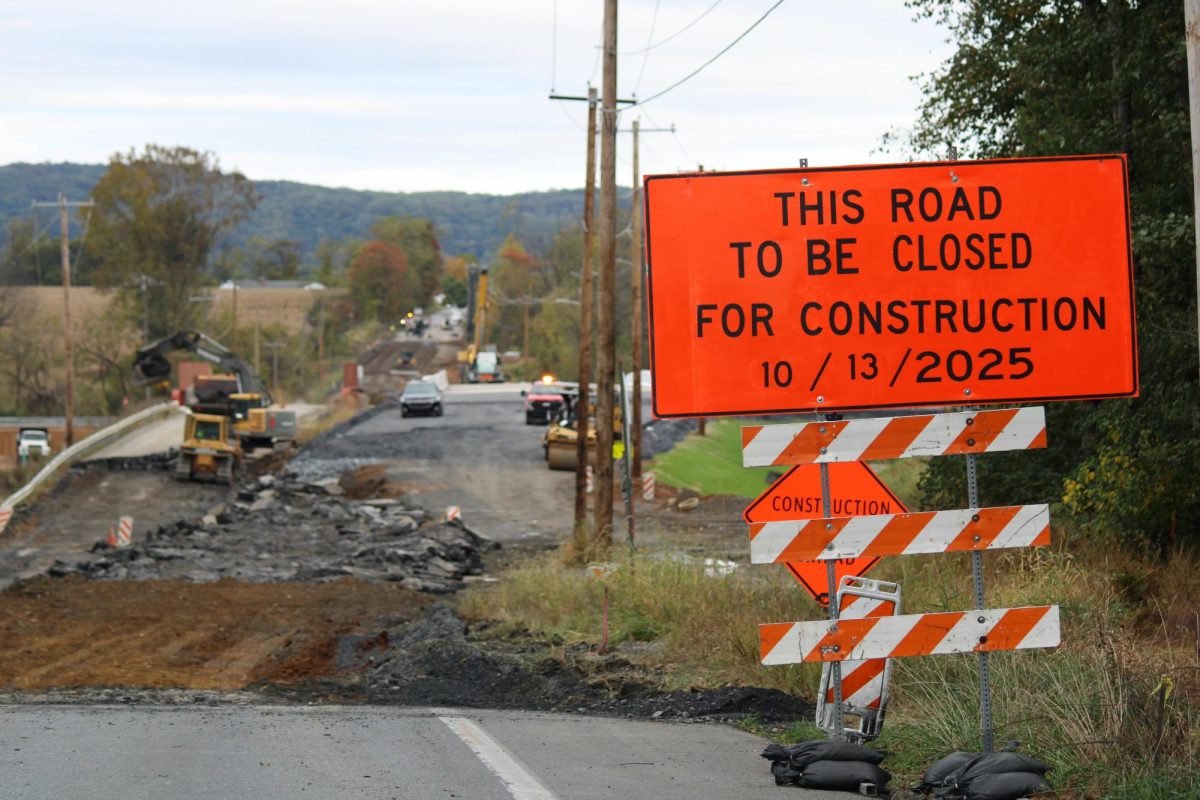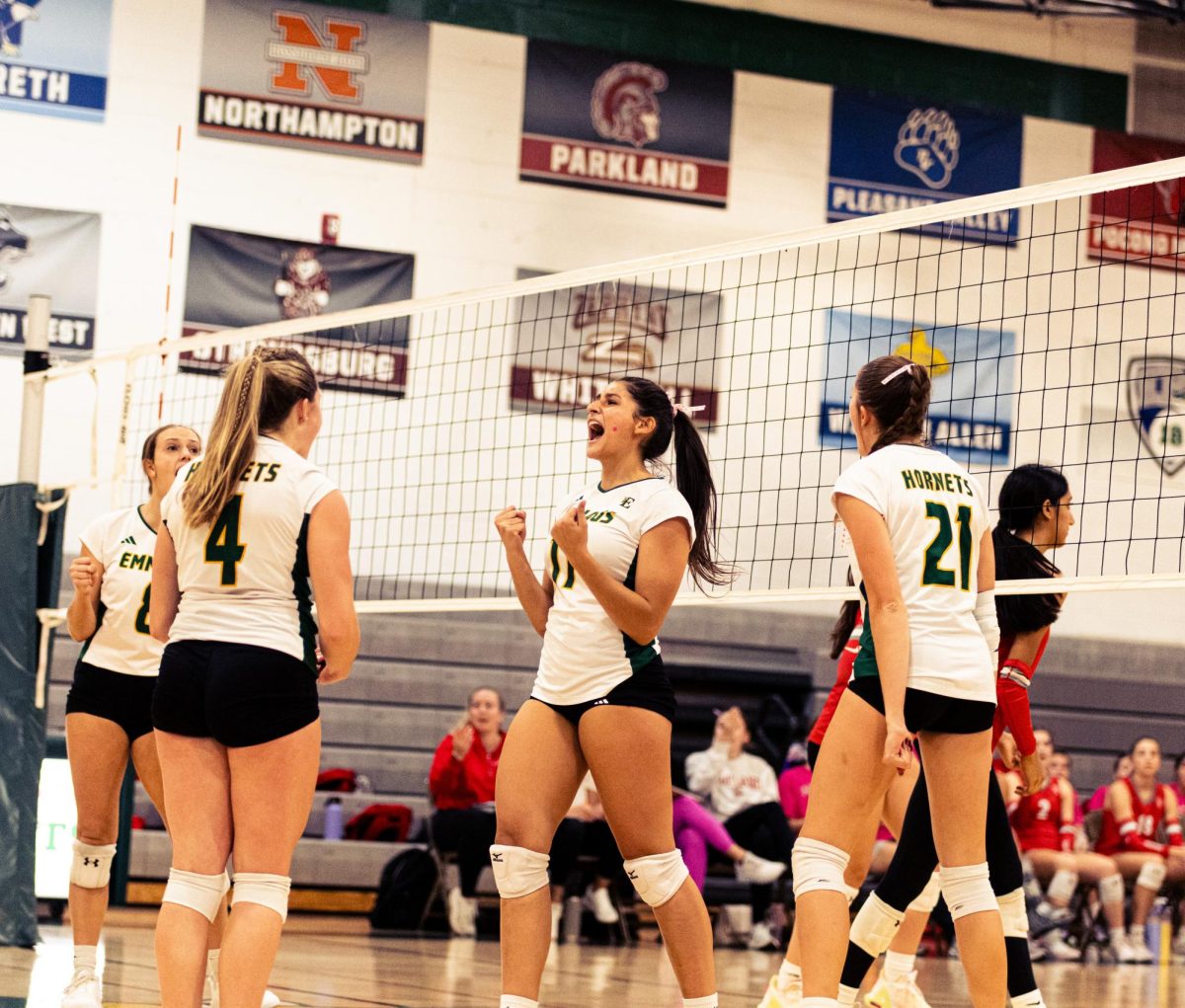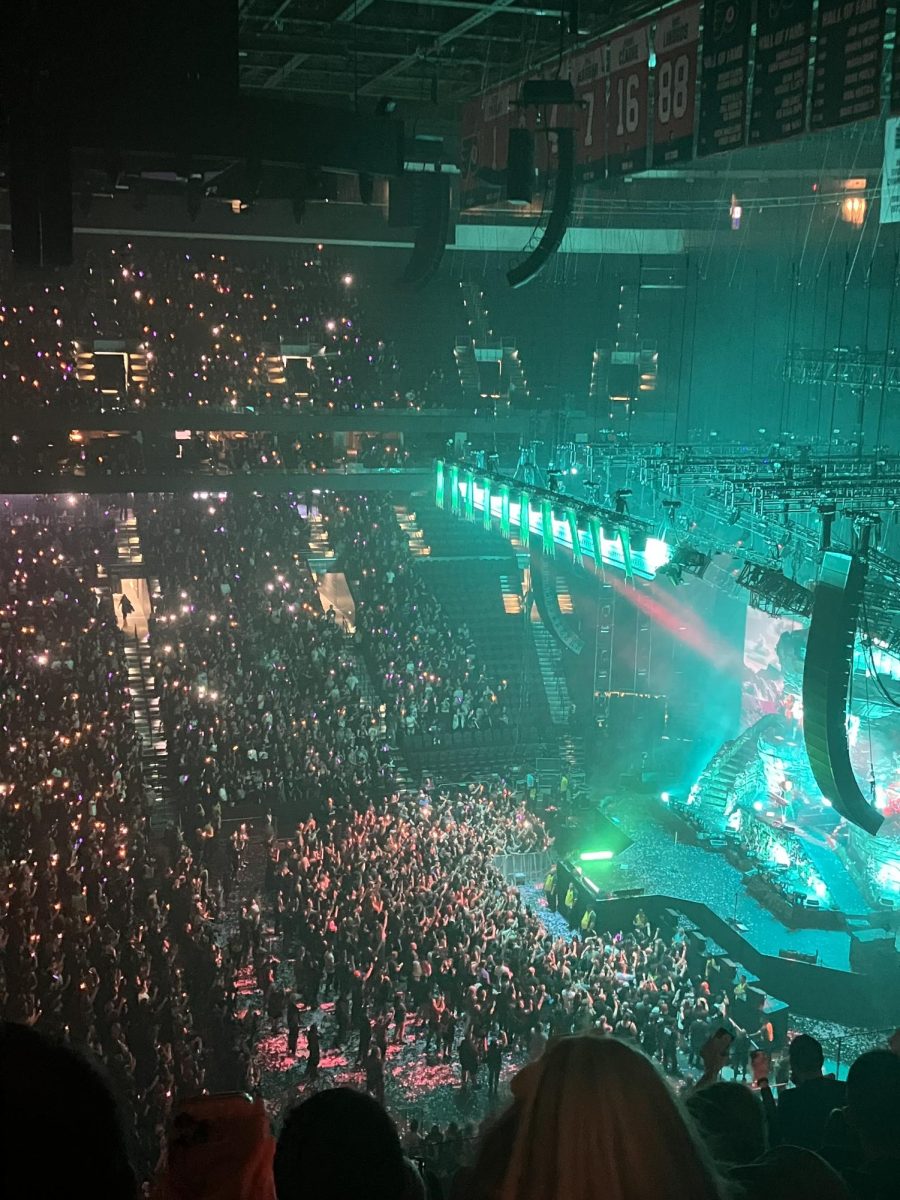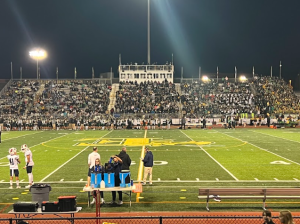Midterm elections raise controversial issues: Seniors get ready to cast their first ballots in this year’s high-stakes election
Nov 7, 2022
This previously ran in our 2022 October print issue.
As Nov. 8 approaches, Emmaus High School seniors prepare to cast their first ballots in the high stakes midterm elections.
Taking place roughly two years after the presidential election, midterms have a hand in electing the majority of public officials.
They often do not make headlines like presidential elections, yet midterms account for all 435 seats in the House of Representatives and — at a staggered rate of six-year terms — all of the U.S. Senate seats.
At a local level, midterm elections decide governors’ races, mayoral seats, and hundreds of thousands of state legislators.
While they may seem less important on the surface, these elections are key to the continuation of America’s democracy.
A president’s power depends on their ability to pass legislation and push through their action agenda; however, this cannot happen without the backing of the Senate and the House of Representatives.
Brian Pum, a government and politics teacher at EHS, shared his thoughts on midterm elections historically look and his predictions for this election season.
“[The American people] hate who’s in power. So in 2016, Trump took control. Republicans take control of Congress in 2018, but then Democrats take back the House [in] 2020. So right now you have total control by the Democrats,” Pum said. “People are upset with what the Democrats are doing. My belief is that you will have at least one house of Congress flip to Republican control.”
This flip of party control has been normal throughout history; it is often referred to as the blue-wave or red-wave, depending on which party gains full control.
In recent years, the national census has seen an increase in young voters — age 18 to 24 — turnout in both the midterm and presidential election years.
According to the Census Bureau’s Current Population Survey, the percentage of young Americans who voted in the midterm election increased from 20% in 2014 to 36% in 2018, reflecting an overall trend for all ages, not just young adults.
A similar statistic, also from the Census Bureau’s Current Population Survey, stated that young adult votes increased in the presidential election from 43% in 2016 to 51% in 2020.
A survey given to the students in the Emmaus High School Social Studies department, Young Democrats Club, and Young Republicans Club yielded statistics about voting for EHS students specifically.
Out of 195 students, 13% were unaware if they would be able to vote in this midterm election, reflecting the common lack of knowledge of the midterm elections.
Mr. Pum shared his experience with this gap of understanding.
“Unless there’s a firebrand on the left or the right like A.O.C. [Alexandria Ocasio-Cortez] or Marjorie Taylor Greene, they [students] are not as familiar with the midterm elections as they would be if it was a presidential year,” Pum said.
Senior Ethan Ferris shared his opinion about the lack of governmental knowledge.
“I think that [a] government [course] should be required by junior year because [some seniors] would have already voted,” Ferris said.
However, school is not the only place students receive information about upcoming elections, election issues, and other political information — social media grabs the attention of many.
Seniors Emily and Hailey Wassel are prime examples of this.
“We went over it [elections] like a little bit,” Hailey Wassel said.
Her sister Emily expanded on this: “We hear about it [politics] mostly through social media.”
According to fairvote.org, an organization dedicated to giving voters more choices, more representation, and a better government, approximately 40% of the entire population votes in the midterm elections compared to 60% that typically votes in the presidential elections.
A total of 91% of EHS students who are eligible this year stated they planned to vote, while 9% said they would not.
One of Pennsylvania’s most heated elections is for the Senate seat; the incumbent Senator Pat Toomey is not seeking reelection this year.
Two of the leading candidates — of the six total — are Republican surgeon Mehmet Oz and Democratic Lieutenant Governor John Fetterman.
The result of this election will alter the balance of Democratic and Republican seats in the senate.
On a local scale, a highly contested election is taking place between Democratic incumbent Susan Wild and Republican Lisa Scheller.
Similar to the presidential election, many citizens are single-issue voters. This means that they vote for a candidate based on their beliefs about one specific issue.
These issues can be seen through attack ads focusing on aborton rights by both Lisa Scheller and Susan Wild.
Senior Khalil Moosa is frustrated with the amount of ads he sees,
“Every time I watch YouTube I see so many political ads,” said Moosa. “To be honest it is really annoying.”
These ads reflect issues politicians believe their audiences care about the most, meaning they can swing on the fence voters to their “side” based on one issue alone.
Senior Blaise Verrastro likes to look at the big picture, representing a sizable portion of Americans that do not consider themselves a single-issue voter.
“No one specific issue is more important in my opinion,” Verrastro said. “An opinion on one would not win me over.”
Students at Emmaus High School shared which issues, if any, that they cared about.
The most popular issues were climate change with 16.8%, women’s rights with 14.7%, the economy with 11%, and the Second Amendment with 9.4%.
According to usnews.com, these topics reflect the majority of U.S. political issues.
Gun rights/gun control, health care, climate change, and abortion rights/access are some of the most important issues to the american people and, in turn, the students of Emmaus High School.
The 22-23 midterm election season will decide how the American democracy will continue through the rest of Biden’s presidency, and into the future.
Students — like those at Emmaus High School — have a large role in deciding this fate, regardless of political affiliation or issue-based decisions. Their votes will make a difference.


